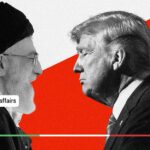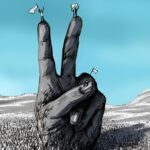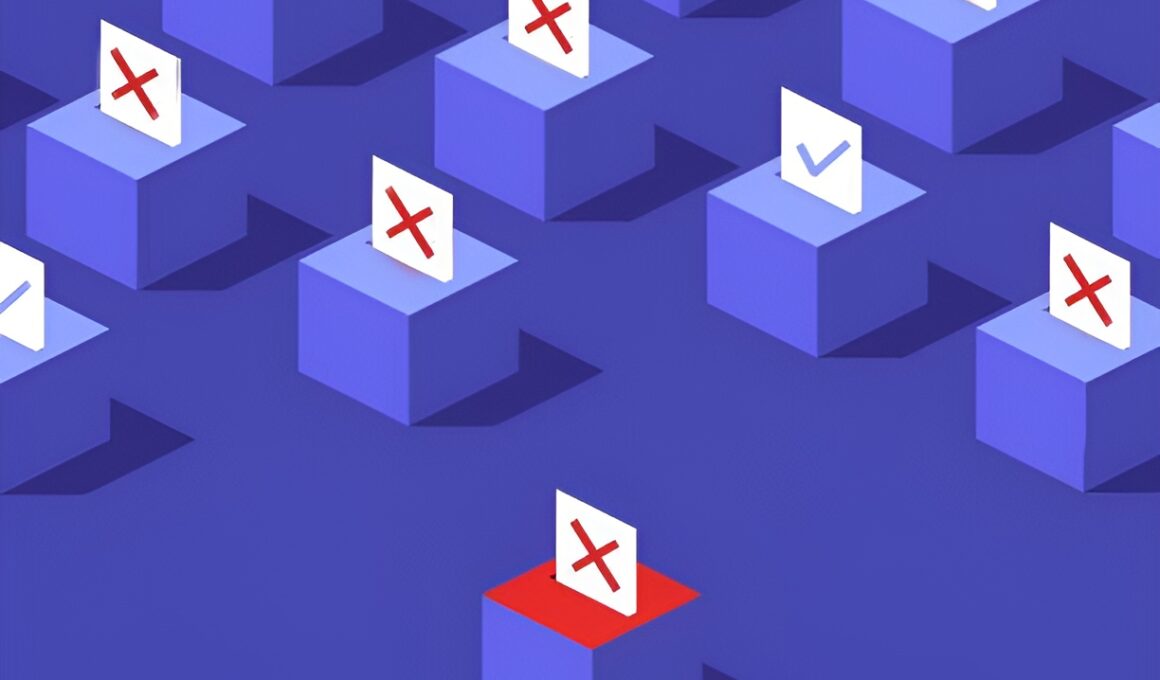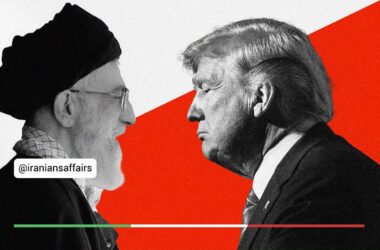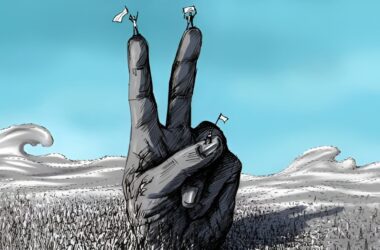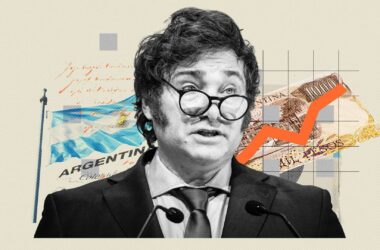By Esfandiar Mazdapour
During the 2022 protests, Prince Reza Pahlavi outlined four essential principles for the collaboration of forces:
- Determining the system of governance through a referendum
- Secularism
- Territorial integrity
- Democracy and human rights
The Iran Studies Institute aims to elucidate the necessity of these four principles for Iran and its conditions, respond to criticisms, and explain how these principles establish the foundation of a modern state in Iran. This first article addresses the referendum on determining the system of governance.
At times, the notion of a governance referendum in Iran is challenged by some Republican activists, who resort to fallacies to undermine it. For instance, they equate democracy with republicanism and argue that democracy cannot be subjected to a public vote.
The assertion that democracy cannot be subjected to a public vote is evidently valid. However, when assessing the democratic standing of countries, republics do not exhibit superiority over monarchies. In fact, in Europe, monarchies often demonstrate superior democratic attributes compared to republics. In the Middle East, the dire state of democracy and development is a common characteristic, and there is no positive indication in favor of republics.
The debate over a “true republic” versus a “true monarchy” is a secondary matter: no government openly declares its purpose to be tyranny and backwardness. True governance is not defined by its form but by the realization of its promises: which government can uphold the rights of its citizens and safeguard their national interests.
Furthermore, the objection by this group of Republicans to the referendum contains an “unstated premise”: they inherently accept the legitimacy of the 1979 Revolution and the April 1, 1979, referendum (claimed as a referendum) in abrogating the constitutional monarchy law. For those who reject this legitimacy, the issue of the last legitimate constitution, suspended for fifty years, must first be addressed. The Iranian nation, as the rightful owners of this land, can transparently and legally declare this constitution obsolete through a referendum (or adopt it with minor or major amendments). However, in the absence of such a referendum, the status of the last freedom-oriented achievement of Iranians (from the Constitutional Revolution) remains unresolved.
Conversely, it might be argued that a referendum is unnecessary, as the previous constitutional monarchy law has not been invalidated. Yet even in this scenario, it is overlooked that the law relied on two pillars: “the king swearing an oath before the national assembly” and “the parliament convening by royal decree.” The events of the 1979 Revolution made both conditions impossible: Prince Reza Pahlavi has not taken an oath before parliament, and Mohammad Reza Shah Pahlavi is no longer available to summon the national parliament. The solution remains the Constituent Assembly, which can resolve this constitutional crisis. This assembly would, in turn, derive its legitimacy from a referendum.
Moreover, neither the ideals of constitutionalism nor republicanism justify bypassing public opinion on such a significant issue. Any attempt to “circumvent” a referendum, especially in a society not united on its outcome, will have negative consequences. Conducting a referendum in a binary (yes/no) format while excluding other options may lead to a crisis of rejection votes by citizens who feel ignored. It is evident that a “no” vote would be problematic for a transitional government, leaving uncertainty about whether to establish or restore a particular state.
The logic of a referendum aligns with the principle of national sovereignty and the right to self-determination. Members of a nation are entitled to pursue their happiness and that of their descendants under a government they choose. This government must undoubtedly adhere to clear and defined rules and adopt an equitable approach toward all citizens. However, excluding the public from the choice of political system inevitably results in detrimental impacts even on the minor details of governance: a republic akin to Assad’s Ba’ath regime is as alarming as a monarchy like Haile Selassie’s. The common feature of both was their fundamental denial of the people’s right to participate in shaping their own destiny.
